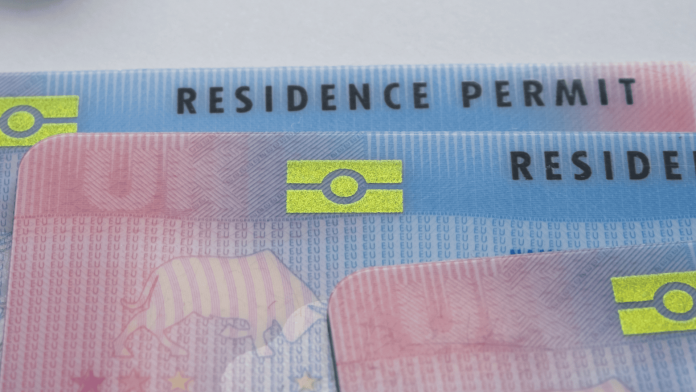As Italians conclude voting on a landmark referendum to reduce residency requirements for non-EU citizenship seekers from 10 to 5 years, Infrastructure Minister Matteo Salvini’s claim that Italy “grants the most citizenship applications in Europe annually” has ignited fierce debate, according to Euronews.
Eurostat data for 2023, however, reveals a more nuanced reality: Spain leads the EU with 240,000 citizenships granted (22.9% of the bloc’s total), followed by Italy (214,000), Germany (200,000), France (97,000), and Sweden (68,000). The UK, while outside the EU, welcomed 202,000 people.
When adjusted for population size, Luxembourg emerges as Europe’s inclusion leader (8.8 citizenships per 1,000 residents), trailed by Sweden (6.4), Spain (5.0), Belgium (4.7), and Italy (3.6). Slovakia, Bulgaria, and Lithuania sit at the opposite end (<0.5 per 1,000).
Italy’s higher naturalisation rate (4.1%)—reflecting grants relative to its non-national residents—places it third behind Sweden (7.9%) and Romania (5.9%), suggesting efficiency in processing applications despite stringent residency rules. Salvini’s narrative overlooks this complexity, framing citizenship as a statistical contest rather than a social contract.
Europe’s diverging trajectories
While Italy debates liberalisation, other nations are tightening access. The UK’s new immigration doubles the residency requirement for settlement from five to ten years, framing citizenship as a “privilege that must be earned” through economic contribution or societal value. Prime Minister Keir Starmer argues this counters “over a decade of decline” from “open borders,” though critics warn it creates “a tier of second-class workers.”
Concurrently, Belgium increased its citizenship application fee from €150 to €1,000. Federal Migration Minister Anneleen Van Bossuyt defended the move as aligning rights with “responsibilities,” while detractors labelled it “exclusion wrapped in bureaucracy.”
Italy’s current 10-year residency rule places it alongside Switzerland and Slovenia as Europe’s strictest nations. A “yes” vote would align it with France, Ireland, and Portugal (5 years), a shift proponents argue boosts integration and economic participation.
Citizenship is Europe’s contested political terrain: a demographic calculus for some, a test of national identity for others. As Italy weighs inclusion against Salvini’s warnings of “indiscriminate” grants, and Britain and Belgium erect financial and temporal barriers, the continent grapples with a fundamental question—whether belonging is earned by time, tribute, or the tenacity to endure both.
